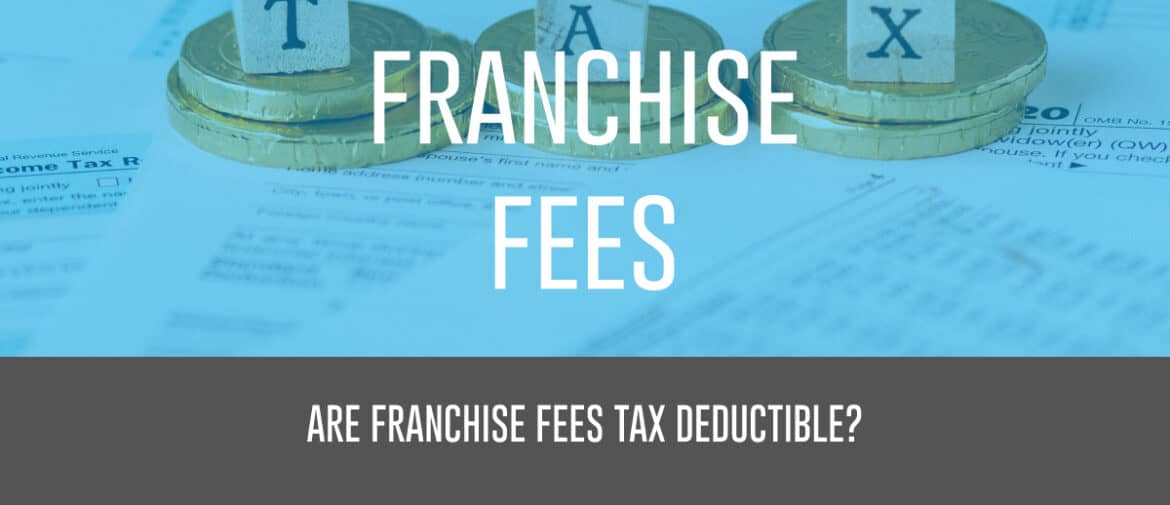For any franchise, as far as taxation is concerned, the individual unit (franchisee) is a separate entity from the parent organization (franchisor).
The taxation of the franchisee depends on the legal status of the business.
The fee structure of the franchise is subject to taxation based on the reason the fee is being paid.
To understand this concept better, we must first discuss the two types of fee obligations.
- Initial Fees: This fee obligation is the amount that must be paid before the unit commences any operations. It is considered the initial cost of buying the franchise and must be paid upfront when both parties have signed the Franchise Agreement and the partnership has been ratified.
- Ongoing Fees: Once the initial fees have been paid and the unit has started operations, then the franchisee must pay a recurring fee obligation to the organization as part of the model. The ongoing fee covers items such as the franchise’s fixed costs and allows the unit to use the organization's brand identity and product line on a continuing basis. It is a form of steady cash flow for the parent organization.
Tax Deduction Restrictions
With a better understanding of the two types of fees, franchisees must also be aware of the different restrictions that apply to both when it comes to tax deductions and amortization applications.
- Initial Fees: Initial fees are considered a capital expense due to the nature of the expense, and therefore it can not be used as an immediate business deduction. The capital expense is a capital cost allowance allowing the business to use 5% of that amount every year to write off against the business income.
- Ongoing Fees: The ongoing royalty obligation is considered to be a revenue expense and therefore, it can be used as a tax deduction.
Exceptions
There are some exceptions to the above regulations.
These may include cases where a portion of the initial fee will be recognized as revenue expenditure.
This occurs when the franchisor provides services which are specified in the Franchise Agreement document as being paid for by the initial fee.Conclusion
Put simply, the initial franchise fees are not deductible but ongoing service fees are.
It is critical to hire a tax expert who can help you ensure your compliance with current tax laws, maximize your deductions, and resolve any potential issues that you may encounter with the Canada Revenue Agency.
If you have any questions regarding franchising, please call us at (778) 565-4700, and one of our business lawyers will help guide you in the right direction.
The preceding content is for informational purposes only and does not constitute legal or professional advice. To obtain such advice, please contact our offices directly.

